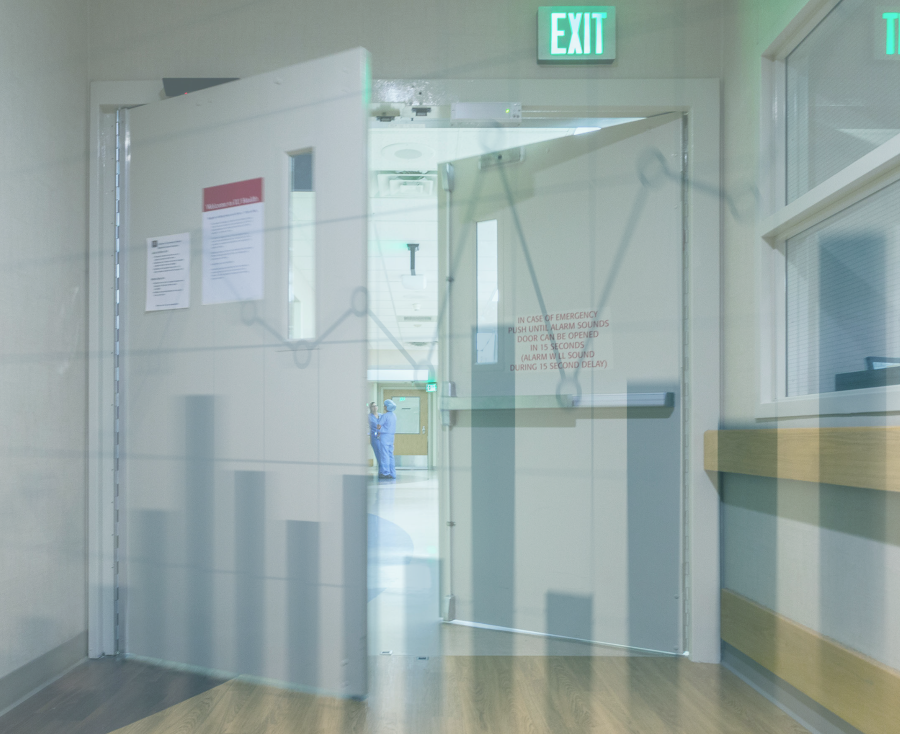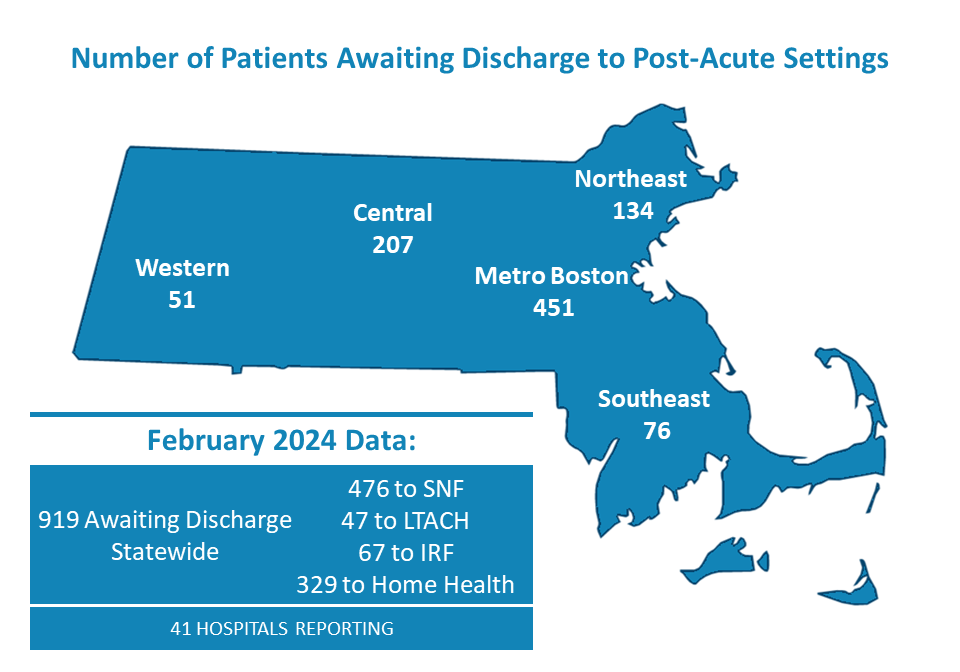Monthly Throughput Survey Reports

Delays in patient discharges to post-acute care settings have become a growing challenge for hospitals and post-acute care providers, which include inpatient rehabilitation facilities, long-term acute care hospitals, skilled nursing facilities (SNFs), assisted living residences, and home care services, among other settings.
This “throughput” challenge prevents patients from accessing the specialized rehabilitative care they need, while tying up hospital beds for other patients in need of acute medical treatment.

While throughput issues were significant before the pandemic, COVID-19 exacerbated the situation and created a large volume of patients who are ready for discharge from hospitals but cannot find an appropriate bed in a post-acute care setting. In some cases, patients who require specialized post-acute care services wait weeks or even months to find an appropriate bed or service.
Addressing transition delays and optimizing the flow of patients throughout their healthcare journey is an ongoing priority for MHA, its members, and our partners in state government and the post-acute care community.
These reports summarize Massachusetts hospital data relating to the number of patients awaiting post-acute care placement, the types of services needed, barriers to patient care, and length of wait times, among other areas. The data is derived from a survey of case management directors in acute and post-acute care hospitals. It is intended to inform policy development and ongoing efforts to address these care challenges.

A CLOGGED SYSTEM
New Data Reveals 1,200 Patients are Awaiting Discharge from Massachusetts Acute Care Hospitals

 Massachusetts Health & Hospital Association
Massachusetts Health & Hospital Association